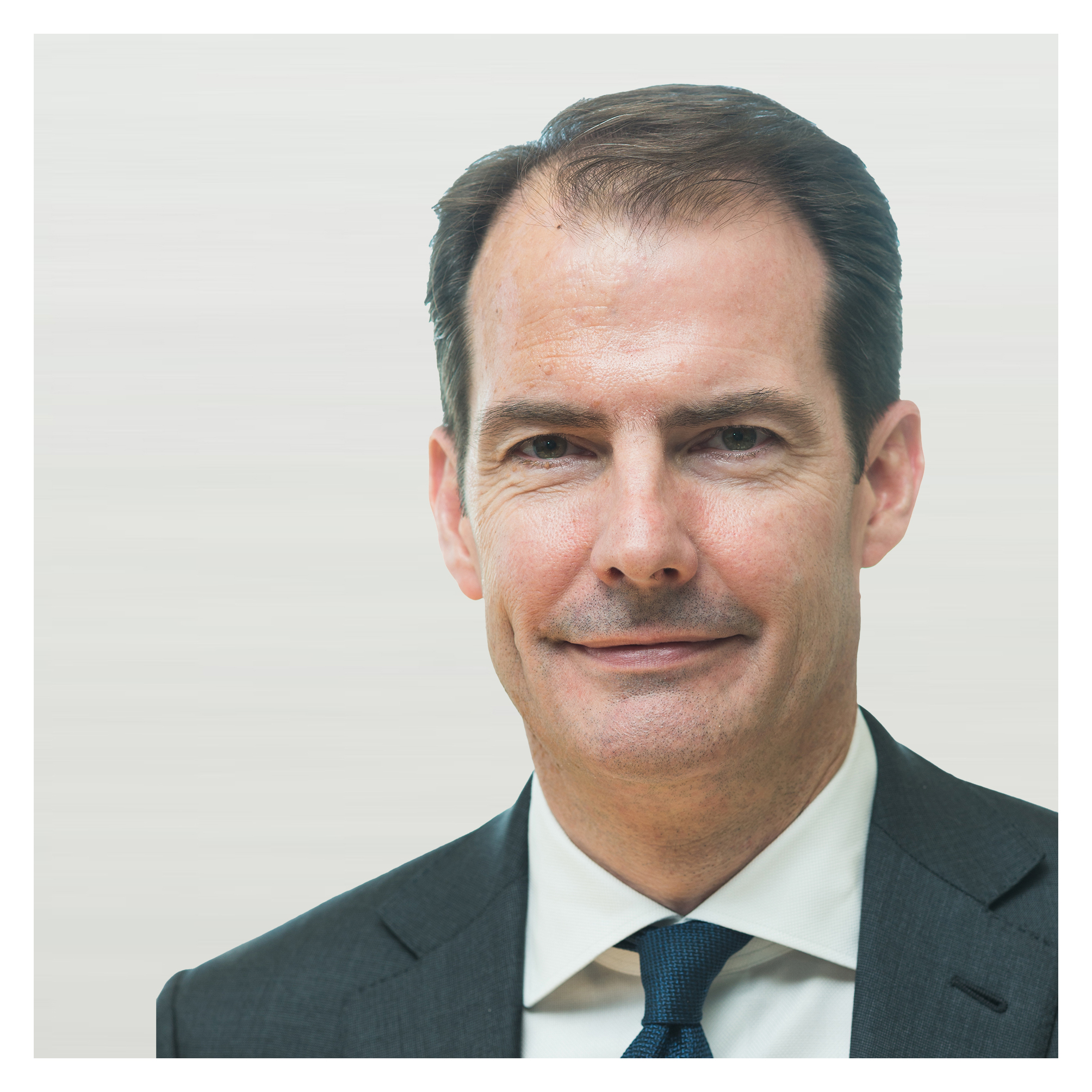In the latest in our regular series, Portfolio Adviser hears from Tom Ross, head of international distribution for William Blair Investment Management (pictured below)
Which particular asset classes and strategies do you anticipate your intermediary clients focusing on in 2025?

I expect we will continue to see a focus on long-only equities, global equities (including emerging markets equities), and various flavours of US. equities. While there has been a strong focus on US large-cap equities, we may see more interest in small- and mid-cap US equities (perhaps leaning towards the smaller end of the capitalisation spectrum). I also expect emerging markets debt to become more prevalent as the US Federal Reserve cuts interest rates and the desire for longer-duration assets increases.
Should end-investors – and, by association, asset managers – be thinking beyond equity and bond investments? Towards what?
Yes, I think they should. Asset managers have to understand their capabilities and where they can add value for end investors. A firm such as William Blair, for example, should not try to do everything in private markets. At the same time, I do think individual investors should be thinking about private markets. Most of the global economy is in private markets, so it would be unfortunate to ignore it.
See also: Track to the Future – with Fidante’s Adam Brown
To what extent do private assets and markets fit into your thinking? What are the currents pros and cons for investors?
Private markets are for those who have longer investment horizons and an appropriate fee budget to ensure that they’re not investing in products that don’t actually provide the hoped for risk-adjusted returns. Illiquidity can be a challenge for individual investors with shorter time horizons.
Given client and regulatory pressure on charges, how is your business delivering value for money to intermediaries and end-clients?
I think the question is not one of absolute price but of price relative to the alpha being generated. That is what we focus on. We recently reviewed all our commingled vehicles and made some changes to pricing, reducing management fees and lowering caps on expenses. I would argue that these changes have been driven more by the increased competition, particularly from passive solutions, than an erosion of the alpha potential.
How much of your distribution is currently oriented towards climate change, net zero, biodiversity and other segments of sustainable investing? How do you see this approach to investing evolving?
ESG integration is an important part of our investment processes. William Blair is a quality growth manager, and for that reason, our investment philosophies naturally tend to lead us away from some of the industries that have the largest carbon footprints. We have also developed sustainability-focused global and US equity portfolios. These portfolios invest in those companies we determine to be best-in-class from an ESG point of view and companies that we believe will enable the energy transition, biodiversity, etcetera. We also allocate a small part of the portfolio to what we describe as “improvers,” companies that are not necessarily best-in-class but are addressing their weaknesses and potentially offering the chance of a re-rating.
See also: Track to the Future – with Federated Hermes’ Clive Selman
How are you now balancing face-to-face and virtual distribution? In a similar vein, how are you balancing working from home and in the office?
We are in the office three days a week to encourage collaboration and mentoring while benefiting from the productivity gains that colleagues experience working from home. We’re doing the same thing with our clients. More meetings are virtual, which is extremely time-efficient from a travel point of view but doesn’t allow you to build strong relationships. We also try to have some of our meetings with clients in person, where it’s easier to have broader conversations. I think we’ve found quite a good balance.
What do you do outside of work?
I spend time with my family. I’m a Francophile, so I enjoy spending time in France, eating good French food, and drinking good French wines. I’m a keen photographer, and I play tennis, ski, and jog occasionally.
What is the most extraordinary thing you have seen in your life?
On a safari in Tanzania, I saw a female cheetah teaching her two young cubs to hunt an antelope and bring it down. We weren’t in a car; we were standing a few hundred metres away. There was clearly education taking place, and it was quite spectacular.
Looking a little further ahead, in what ways do you see the asset management sector evolving over the next few years?
I think we will see continued consolidation of asset managers, pressure on pricing with the growth of passive, and increasing interest in private markets (not only institutionally, but also within the wholesale channel).
See also: Track to the Future – with BlackRock’s Heather Christie









